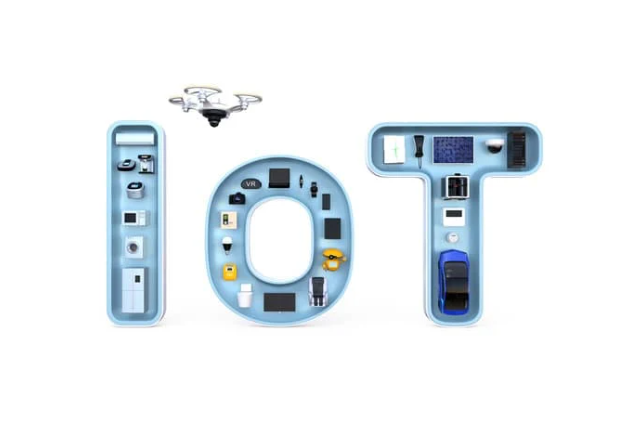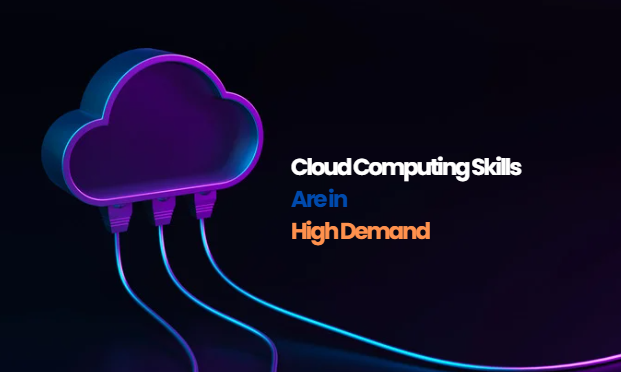The Hidden Tech Behind Smart Cities: What Developers Need to Know About IoT
21 February 2025
|
Smart and efficient city infrastructure remains in high demand because urban populations show no sign of slowing their growth. Governments throughout the world together with Canadian authorities welcome efficient smart city innovations. The digital transformation leads through a groundbreaking technological advancement named Internet of Things (IoT).
Smart IoT systems control adaptive traffic signals while smart energy systems monitor usage levels and urban waste management employs sensors to detect when bins require collection. Technology professionals who work with developers now discover high-impact career prospects throughout the modern tech industry through smarter city development.
IoT: The Backbone of Smart Cities
Canada builds its smart cities through the essential utilization of IoT technology. Through its ability to link devices with systems IoT collects data instantaneously for superior decision processes that improve service operations.
Municipalities use the Internet of Things (IoT) technology for:
- AI-powered traffic signal systems along with IoT traffic sensors operate to optimize street movement processes while decreasing traffic congestion. [Reference: Diversity Global Magazine]
- The deployment of smart surveillance systems together with emergency response tools serves public safety functions by improving safety throughout the community.
- With environmental monitoring sensors track air quality together with noise and water quality levels thus enabling proactive environmental management.
- Predictive maintenance brought about by IoT integration enables the timely performance of repairs on civil structures which results in lower downtime. [Reference: Introspective Market Research]
The demonstrated applications prove that IoT plays an essential role in developing cities that respond effectively while implementing resilience.
Challenges and Considerations
Smart technologies benefit many people but organizations must overcome several key challenges while implementing them.
- Smart technology data collection practices generate privacy issues because users remain concerned about the potential misuse of their accumulated information. Strong data governance systems need to be developed as a protection mechanism for citizen rights.
- Necessary infrastructure development for smart technologies necessitates large funds that create an obstacle for specific demographic groups.
- The equal access of all residents to smart city initiative benefits is vital to manage existing social inequalities.
An introduction to the definition of IoT alongside its operation in creating smart cities
A network of interconnected physical devices operated by the internet constitutes the Internet of Things (IoT). A wide range of instruments including sensors along with thermostats and wearables and industrial devices belong to this system.
Smart cities use IoT devices to collect enormous data which enable them to:
- Improve urban planning
- Optimize resource usage
- Enhance emergency response
- Support sustainability initiatives
Data capabilities increase exponentially when combined with cloud computing, artificial intelligence and machine learning since these sectors keep exhibiting fast development in Canada's technology sector.
Skills widely used in smart city development — are available through leading tech training institutes in Canada like TrainingHub.io
Canada’s Push for Smart Cities and IoT
Through programs such as the Smart Cities Challenge, Canada supports smart technology advancement by promoting municipalities to choose data-based solutions. The cities of Toronto, Mississauga, Vancouver and Ottawa have started to deploy IoT projects which include to:
- Reduce greenhouse gas emissions
- Improve public transit
- Make streets safer for pedestrians
- Public facilities require improvements in their energy efficiency systems
The investment into IoT infrastructure produces an urgent need for developers along with engineers plus data professionals and this trend will extend into the next decade.
Career Opportunities for Developers in the IoT-Smart City Space
The specialized nature of IoT skills does not slow down the fast-growing need for developers who have related expertise. The development of IoT-Smart City space requires professionals with expertise in cloud computing, data analysis together with skills in cybersecurity, mobile app development and full-stack development.
In-demand job roles include:
- IoT Software Developer
- Embedded Systems Engineer
- Cloud Engineer (AWS, Azure, Google Cloud)
- Mobile App Developer (IoT Device Control Interfaces)
- Cybersecurity Analyst (IoT Security Focus)
- Smart Infrastructure Project Manager
- AI & ML Engineer (For Smart City Automation)
A List of Tech Capabilities Students Can Begin Studying Right Now
The education needed to build an IoT career includes IoT-specific training but basic technical skills emerge from standard tech education. The IoT-smart city ecosystem demands several important skills which include:
- Python & C++ Programming
- Cloud Platforms (AWS, Microsoft Azure, Google Cloud)
- Data Analytics & Visualization Tools (Excel, Power BI)
- Software Testing & QA
- Project Management & Agile Methodologies
- Cybersecurity Fundamentals
Final Thoughts: Your Future in a Smart City Starts with the Right Skills
Right now developers who build their foundations with technology lead the transformation of Canadian urban communities toward their future design. Your professional work either through developing cloud data processing or mobile application control will help design the cities that exist tomorrow.
Ready to start your journey in tech? Explore our in-demand courses at TrainingHub.io and build the skills that open doors to smart opportunities.
Suggested blogs
Recent blogs

21 February 2025
|
06 February 2025
|